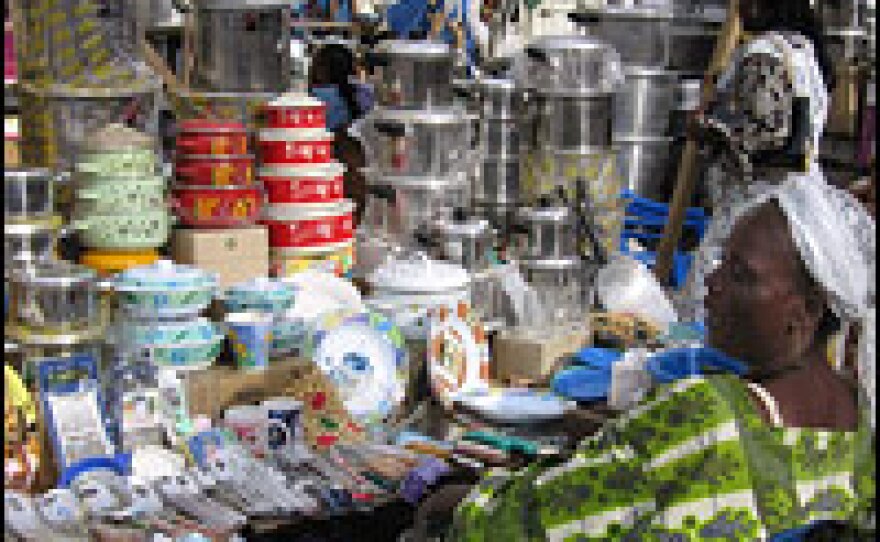
For the second time in less than a year, Chinese President Hu Jintao is making a swing through Africa, this time on an eight-nation tour. China is interested in Africa's energy, oil and mineral wealth as it fuels its own booming economy.
Beijing held a much-trumpeted China-Africa summit in November. And two-way trade jumped to more than $55 billion last year, up 40 percent from 2005. But who stands to gain from the closer links: Africa or China?
China is accused of flooding African markets with cheap goods — such as textiles — and stifling the continent's own weak manufacturing sector as well as importing Chinese labour to work on massive infrastructure projects. But Africa needs jobs, too.
Beijing is also criticized by some for operating a "no-questions-asked" policy in Africa, unlike Western trade partners — including the U.S. — which are often seen as hectoring and preachy to African leaders.
In exchange for Sudan's oil, China — which has a permanent seat on the U.N. Security Council — has not used its leverage to put pressure on the Sudanese government to stop the violence in Darfur. And, in the face of continued Sudanese resistance, the U.N. is struggling for a green light to deploy peacekeepers to Darfur.
Meanwhile, the continent has welcomed the arrival of Chinese trade, aid and business, prompting talk of a 21st century "scramble for Africa" in competition with Africa's traditional trading partners.
Copyright 2022 NPR. To see more, visit https://www.npr.org. 9(MDAzMjM2NDYzMDEyMzc1Njk5NjAxNzY3OQ001))








